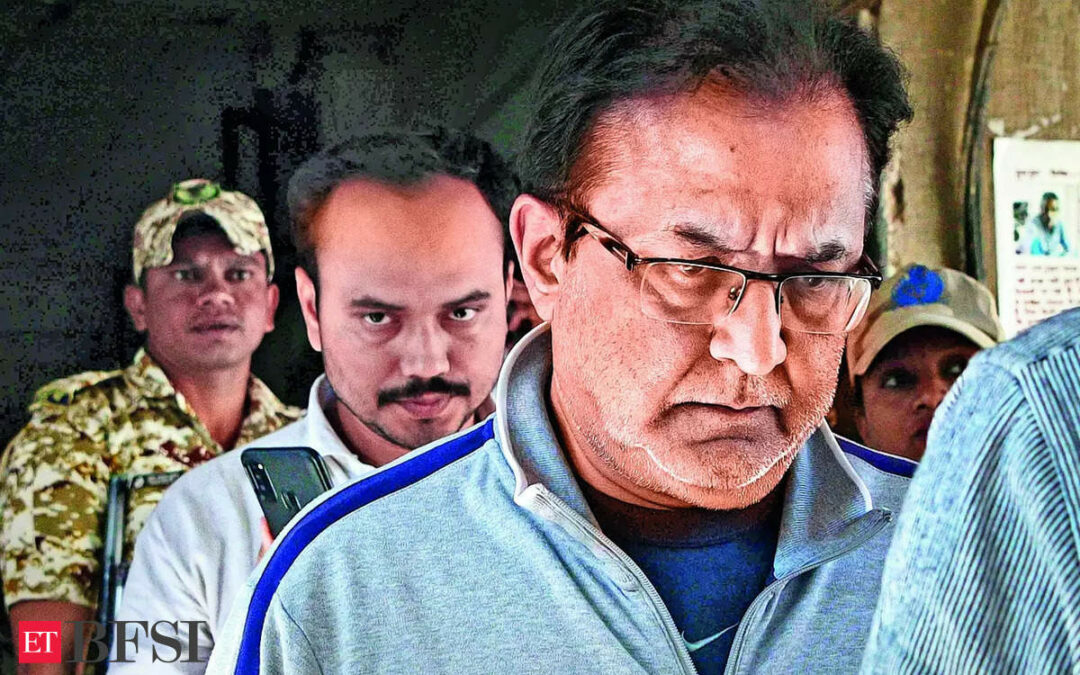Puncturing holes in the Central Bureau of Investigation (CBI) case against Yes Bank co-founder Rana Kapoor, a special CBI court, while granting him bail on Friday, held that his c detention without trial would amount to a “pre-trial conviction”.
The court held that the maximum punishment in the case is for seven years and that it doesn’t expect the trial to start in the next two-three years. So Kapoor’s continued detention without trial would amount to pre-trial conviction, it said.
The court said the prosecution had failed to satisfy the court “regarding the commencement and conclusion of simultaneous trials for this CBI special case and PMLA special case (against him)”. “He (the special public prosecutor) cannot justify why the 66-year-old applicant, who suffers from multiple health issues as outlined in the bail application, should remain incarcerated indefinitely,” it said.
“Additionally, there is no justification as to why the applicant, who has already spent over four years in custody for numerous other cases including this one, should be detained further, especially when he has been granted bail in all other cases except this one. In such circumstances, continued detention of the applicant (A1) would amount to pre-trial conviction,” the court said.
Kapoor, who had been arrested in March 2020, was released from the Taloja jail on Friday after he got bail in the eight cases lodged against him.
The CBI had alleged malpractices in sanctioning loans to Avantha Group promoter Gautam Thapar and the subsequent purchase of a bungalow by Kapoor and his wife on Delhi’s Amrita Shergill Marg from Avantha Realty. The agency had alleged that the price paid for the property was much less than the market value and this was a quid pro quo for the bank relaxing the conditions on existing loans of the Avantha Group and giving it new loans.
The court said at the time of sanction of term loan of ₹400 crore by Yes bank to Avantha Group, none of the Avantha Group company’s accounts was classified as non-performing asset by the bank.
The court also questioned the CBI’s “selective omission”, observing that while the Enforcement Directorate (ED) probing the same transaction made the erstwhile senior management at Yes Bank accused in its case, the absence of justification from the CBI regarding the discrepancy was “glaring”.
The court held that the credit policy mandates the management credit committee (MCC) to thoroughly discuss proposals with approval contingent upon consensus among members. Significantly, every MCC member possesses a veto power, ensuring a collective decision-making process.
“The manner in which the CBI attempted to place sole culpability on the applicant (A1) based on statements made by individuals who should have been co-accused, such as Gorakshakar, Palve, Agarwal, and Punit Kumar, is glaringly evident from the case facts and the credit policy of YBL,” the court said. “Prima facie, this suggests that the applicant (A1) alone was not in a position to exert influence. Similarly, the fact that other officials of YBL, including Gorakshakar, Palve, Agarwal, and Punit Kumar, who actively participated in sanctioning the loan to AG, have not been charged as accused but have been made witnesses in the present matter indicates that no culpability is attributed to them, a crucial factor to consider.”
The court further said that the charge sheet depicts the applicant (A1) as the sole actor in loan processing, disregarding the collaborative nature of MCC decisions.









